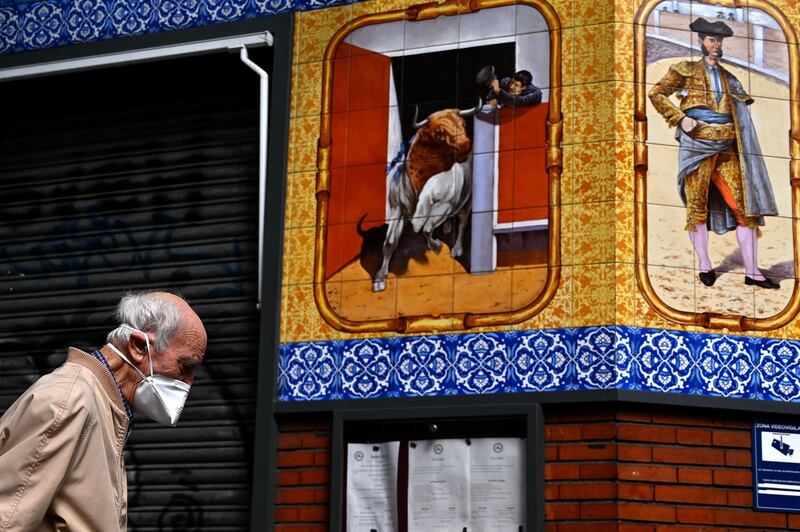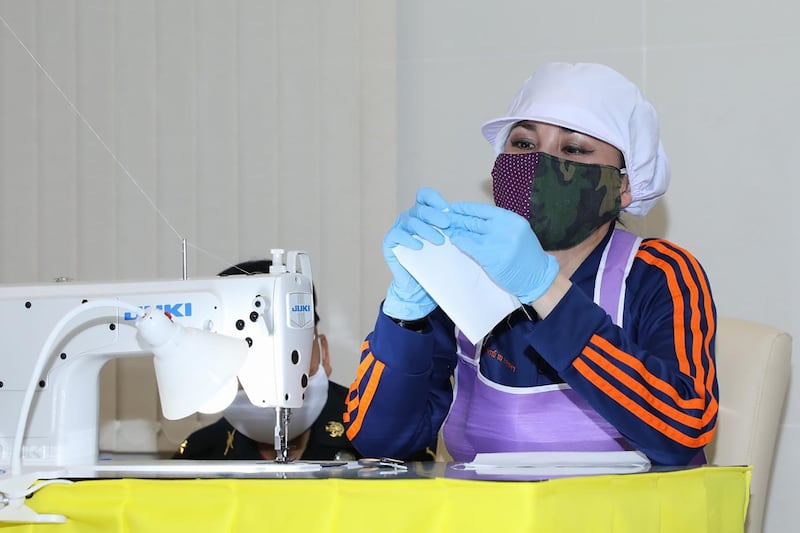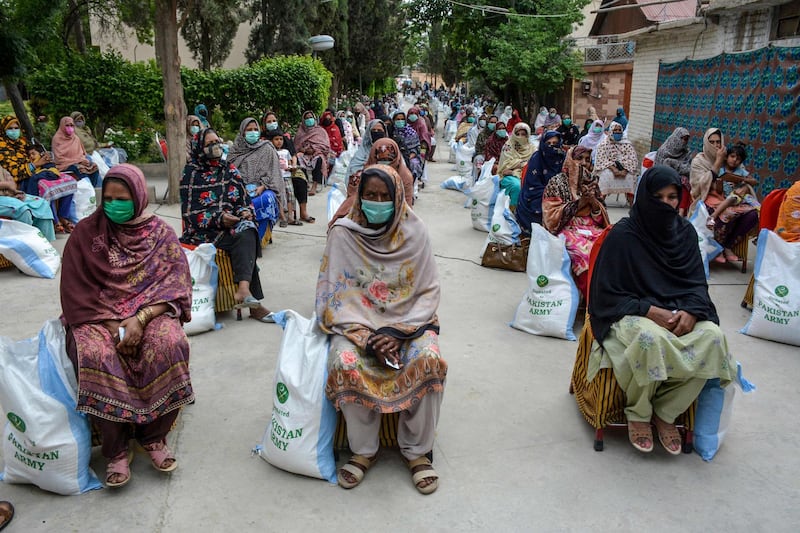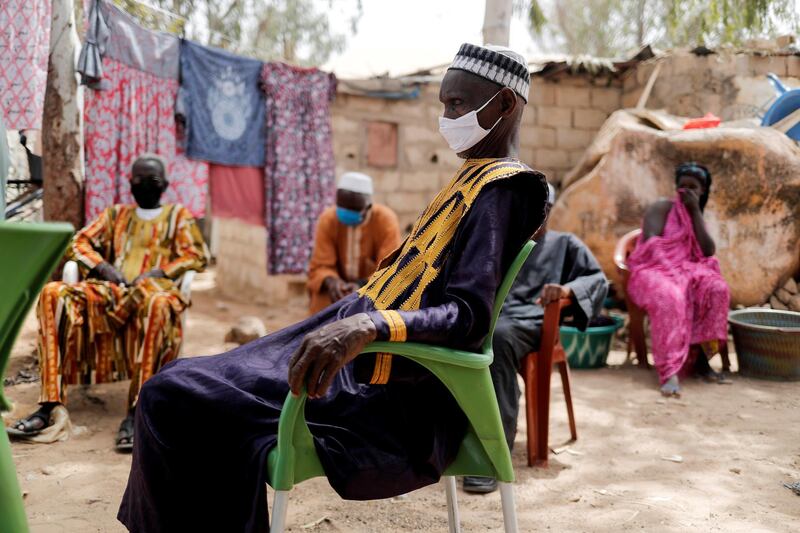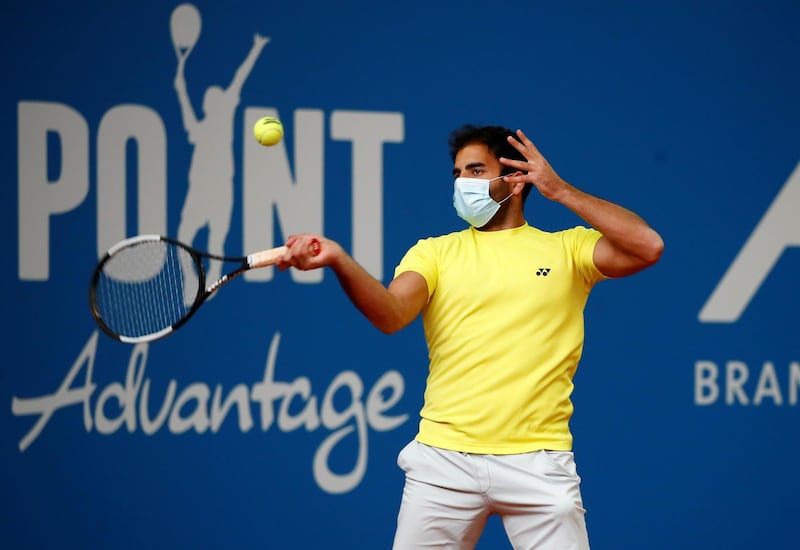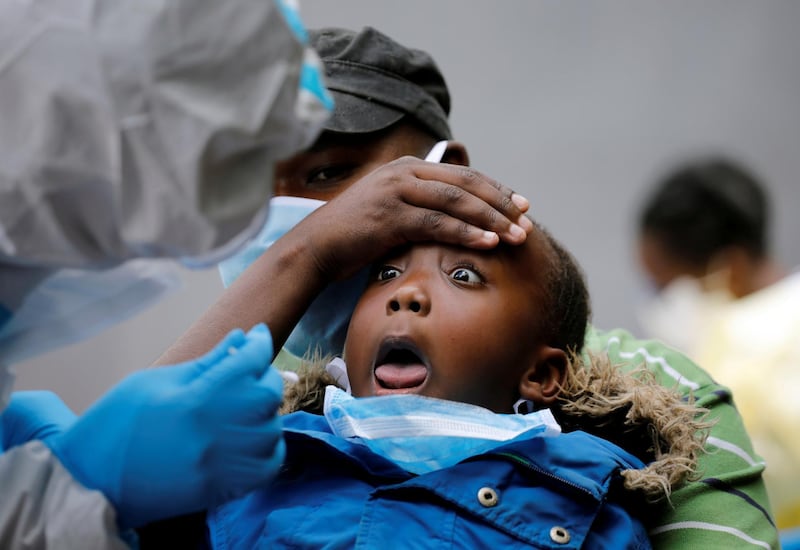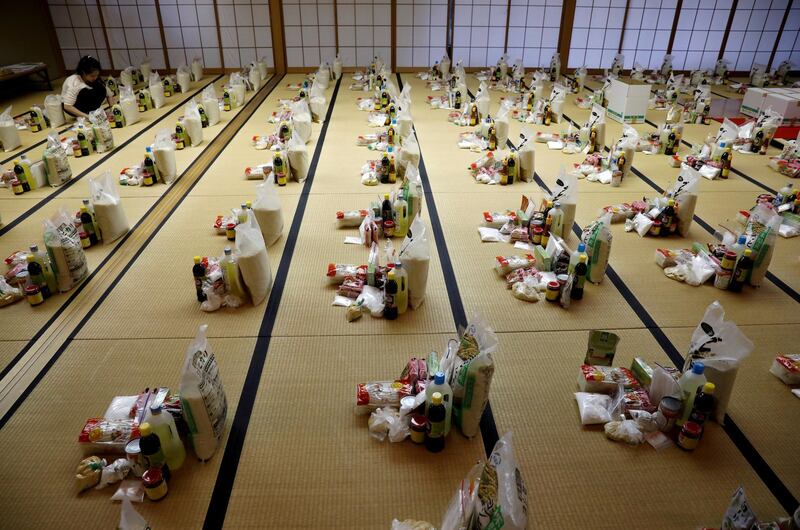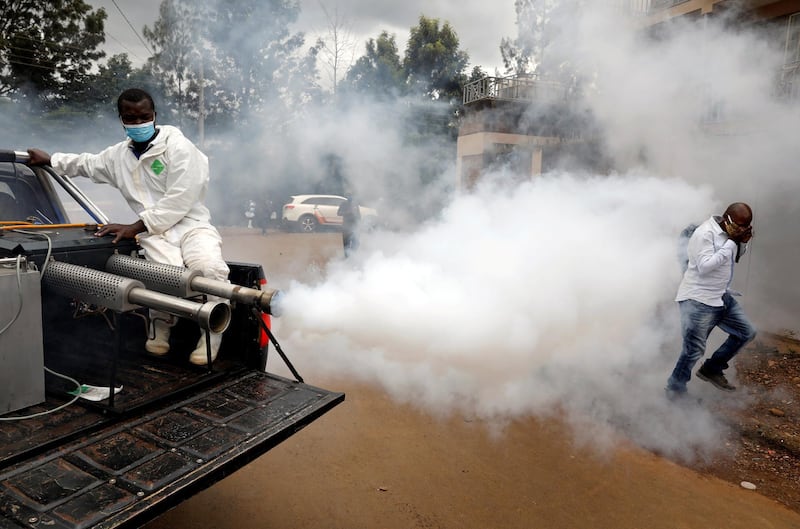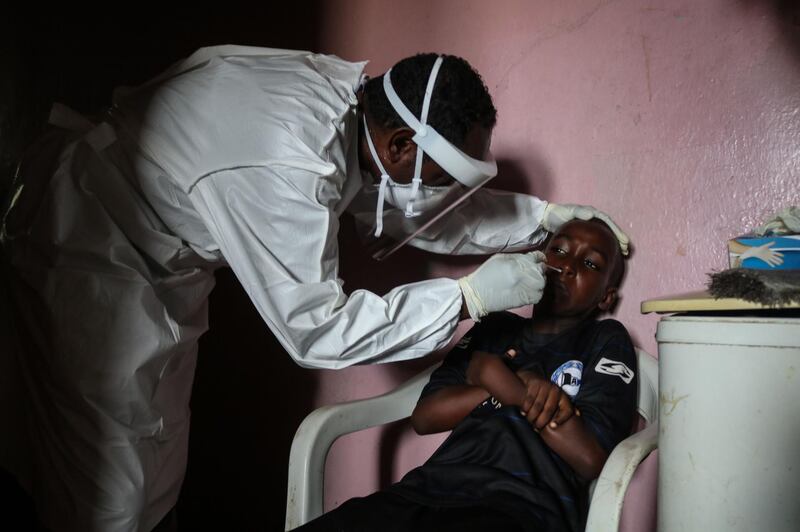More protection is needed for journalists providing the “antidote” to a pandemic of misinformation surrounding Covid-19, UN head Antonio Guterres said on Sunday to mark World Press Freedom Day.
Accurate information, he said, was a life or death issue amid a global pandemic that has claimed the lives of over 240,000 people and infected nearly 3.5 million. Over 1 million globally have recovered from the respiratory illness that can prove more fatal in the elderly or those with pre-existing conditions.
“As the pandemic spreads, it has also given rise to a second pandemic of misinformation, from harmful health advice to wild conspiracy theories”, he said. “The press provides the antidote: verified, scientific, fact-based news and analysis.”
Journalists & media workers help us make informed decisions that could make the difference between life & death.
— António Guterres (@antonioguterres) May 3, 2020
On #WorldPressFreedomDay, I call on governments to protect media freedom & support journalists so they can do their jobs throughout the #COVID19 pandemic & beyond. pic.twitter.com/mOwBDCxRMU
He explained that as time has gone on both the UN and the World Health Organisation have had to focus on countering misinformation in what the body’s head called an “info-demic.”
In his Press Freedom Day message, the UN chief thanked the media “for providing facts and analysis; for holding leaders – in every sector – accountable; and for speaking truth to power”.
He concluded by saying, “we call on governments to protect media workers, and to strengthen and maintain press freedom, which is essential for a future of peace, justice and human rights for all”, he concluded.
Mr Guterres has previously warned about “snake-oil solutions,” falsehoods, and wild conspiracy theories. He has urged social media organizations to do more to counter the misinformation and to “root out hate and harmful assertions about Covid-19.”
Last month, he said that the UN was getting in touch with social media companies to discuss more ways to prevent the spread of misinformation and disinformation.
Tech giants have taken some steps – such as popular messing platform WhatsApp has limited the number of times a message can be forwarded – in a bid to stop false messages spreading.
On the WHO’s coronavirus myth buster website, it says that “hot peppers, though very tasty, cannot prevent the spread of Covid-19.” Among dozens of warnings, the WHO also said that ingesting bleach, ethanol or methanol will not cure the virus and can be dangerous, that houseflies are not known to spread the virus and Covid-19 cannot be carried by or caused by radio waves - meaning that 5g mobile networks are not to blame.
